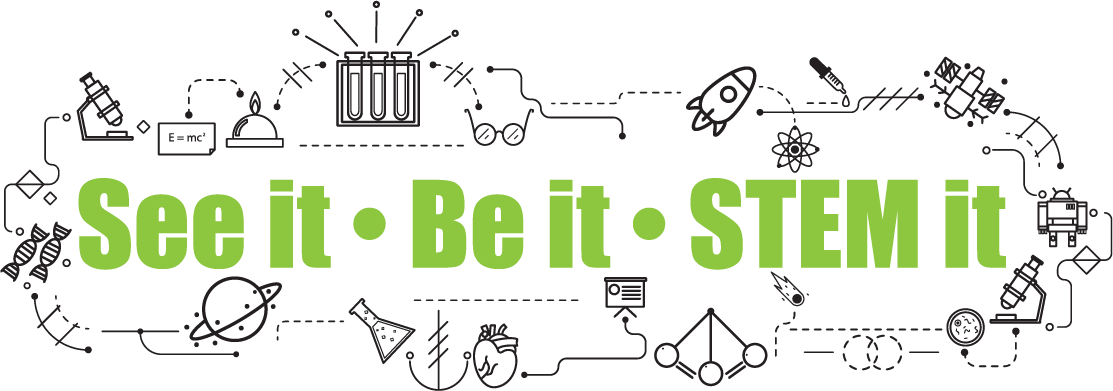Meet Anika Shafi
Anika at the Canadian Aviation & Space Museum in Ottawa.
Anika, is currently a graduate student at the University of Waterloo, with a Bachelors in Engineering (Aerospace Engineering) from TMU (2022) and a Masters (MASc) Systems Design Engineering from the University of Waterloo (2025)
In her free time she enjoys reading memoir, essays; instrumental music; performance, video, sound installations; and bouldering.
A fun fact her current role: “The interdisciplinary nature of my work provides me with the opportunity to collaborate and learn from faculty, researchers and students across disciplinary boundaries and multiple areas of expertise; which at the end of the day is very rewarding and humbling, and equips me with a unique and constantly developing perspective on both the challenges and potential of research. Also, as a graduate student, no two days or problems I am working on are alike. So one day I may be working on writing a code, the other day troubleshooting and setting up a system or catching up on coursework, which keeps it really interesting.”
When did your love of STEM begin?
As a child, I remember being fascinated with the sight of aircrafts flying overhead and dreamt of becoming a commercial pilot. However, I really didn't know how I could merge my passion for aviation and interests in math and physics. So after high school, I almost enrolled into a flight training program and then onto an aircraft maintenance program, before finally deciding to pursue aerospace engineering after attending a university career fair. Interestingly, this was the only career fair I attended, and it was here that I met students from the university and the program in which I later enrolled. To me, this speaks volumes around ensuring equitable access to STEM exposures early on and it continues to ground and inform the STEM outreach work that I engage in today. I am particularly passionate about making postsecondary STEM research culture more equitable, diverse, inclusive and accessible for anyone and everyone irrespective of their intersecting social identities and or lived experiences.
What is the best part about working in the field of STEM?
STEM is very diverse and some of the skill-sets you end up acquiring are also broad and transferable across other domains and disciplines. Anyone irrespective of their interests and career objectives, can greatly benefit from and build on a STEM education.
What advice would you give young women interested in a career in STEM?
Because of my early life experiences, I grew up constantly feeling like I would never amount to anything in life. My journey to where I am today in itself has been exceptionally challenging. My advice to young women interested in entering STEM fields, especially those from underprivileged or underrepresented backgrounds — please know that your journey is more important and meaningful than reaching a particular destination or outcome. Trust the process. Take the chances that come your way. If you don’t end up where you want to be, at least you will learn from it. This learning in itself may one day be transformative. In the words of Kalpana Chawla, my absolute idol, “The path from dreams to success does exist. May you have the vision to find it, the courage to get on it and the perseverance to follow it”.


